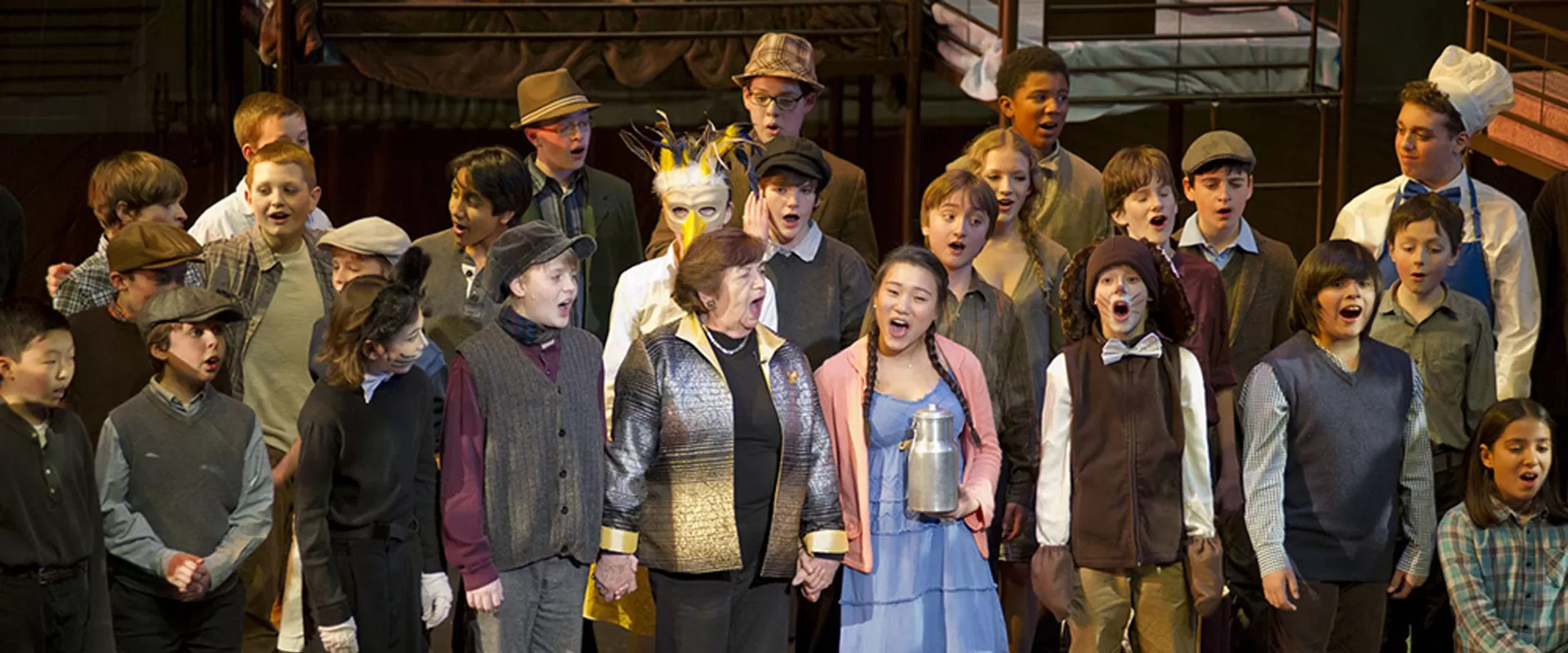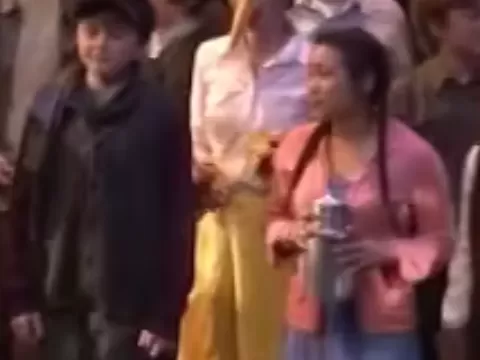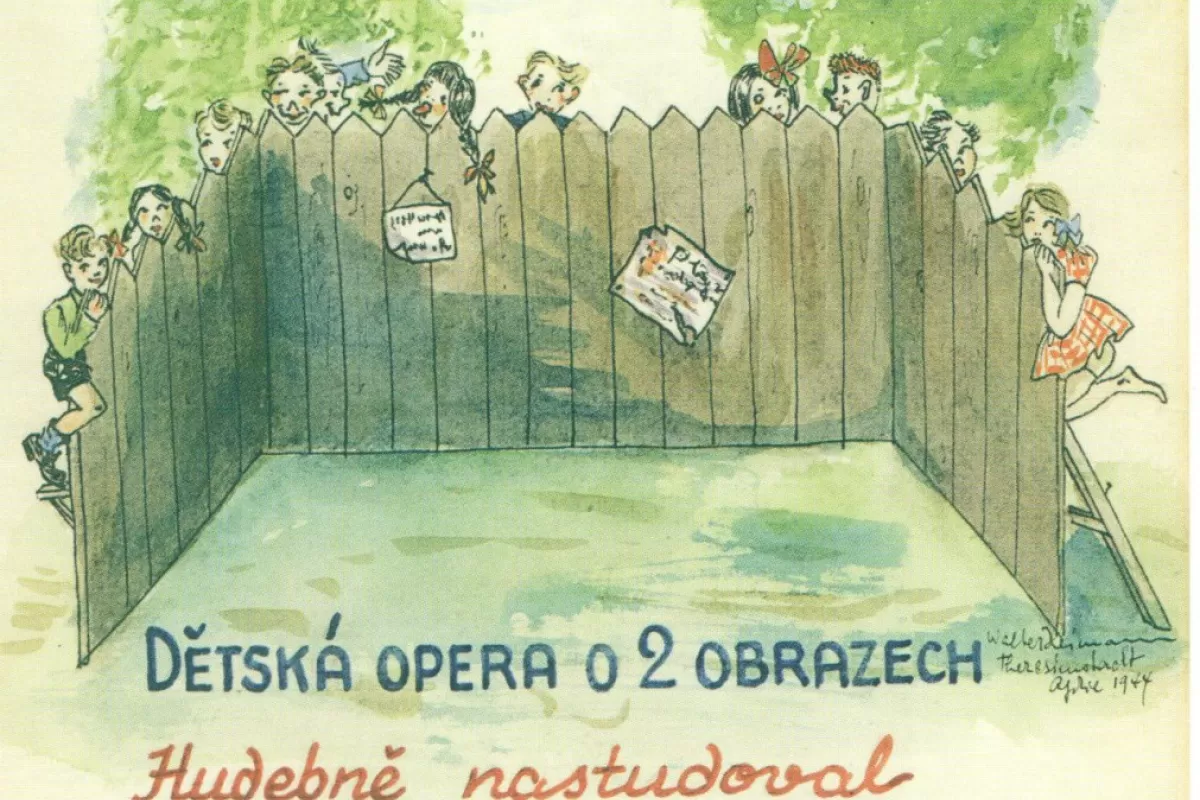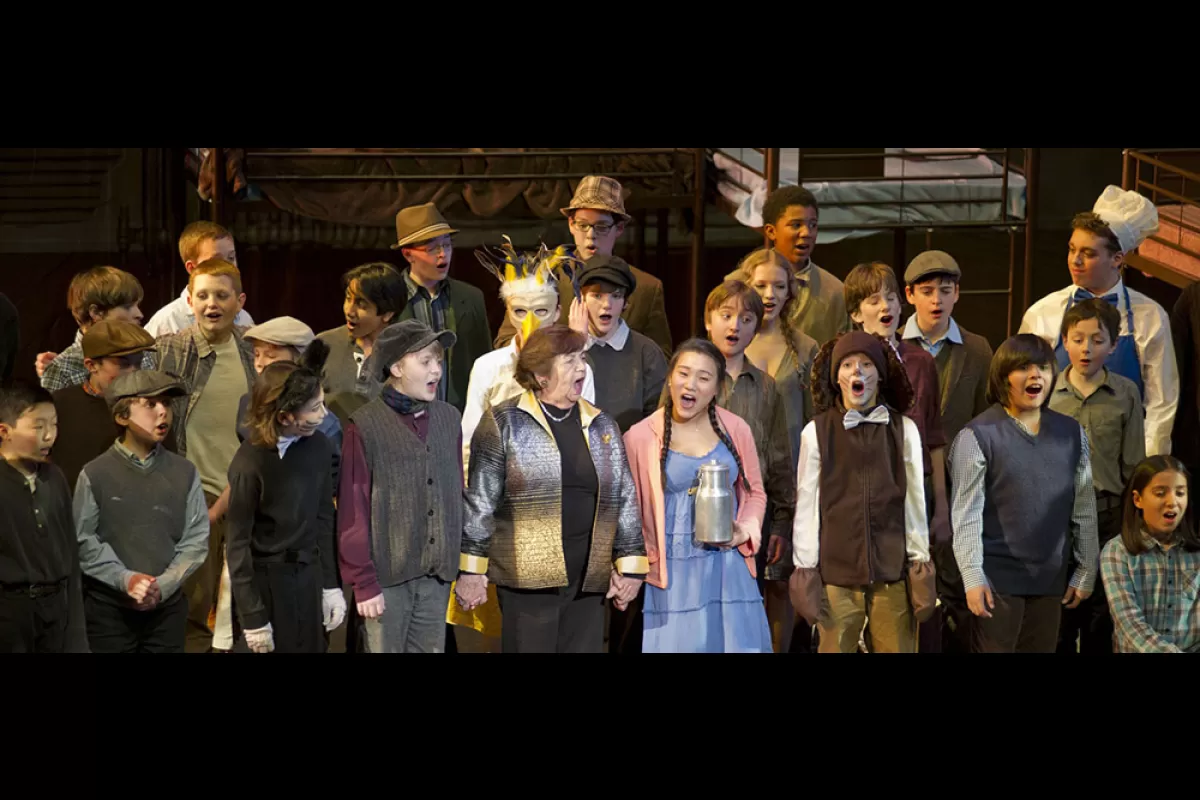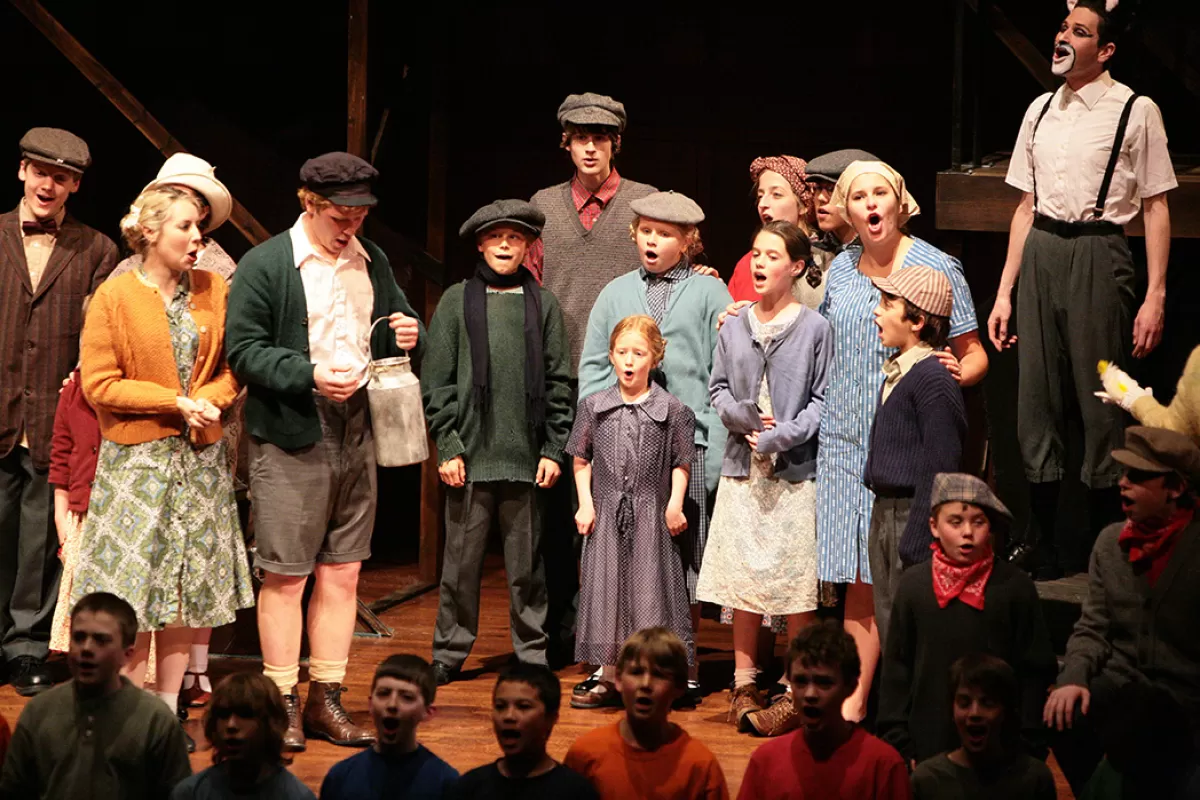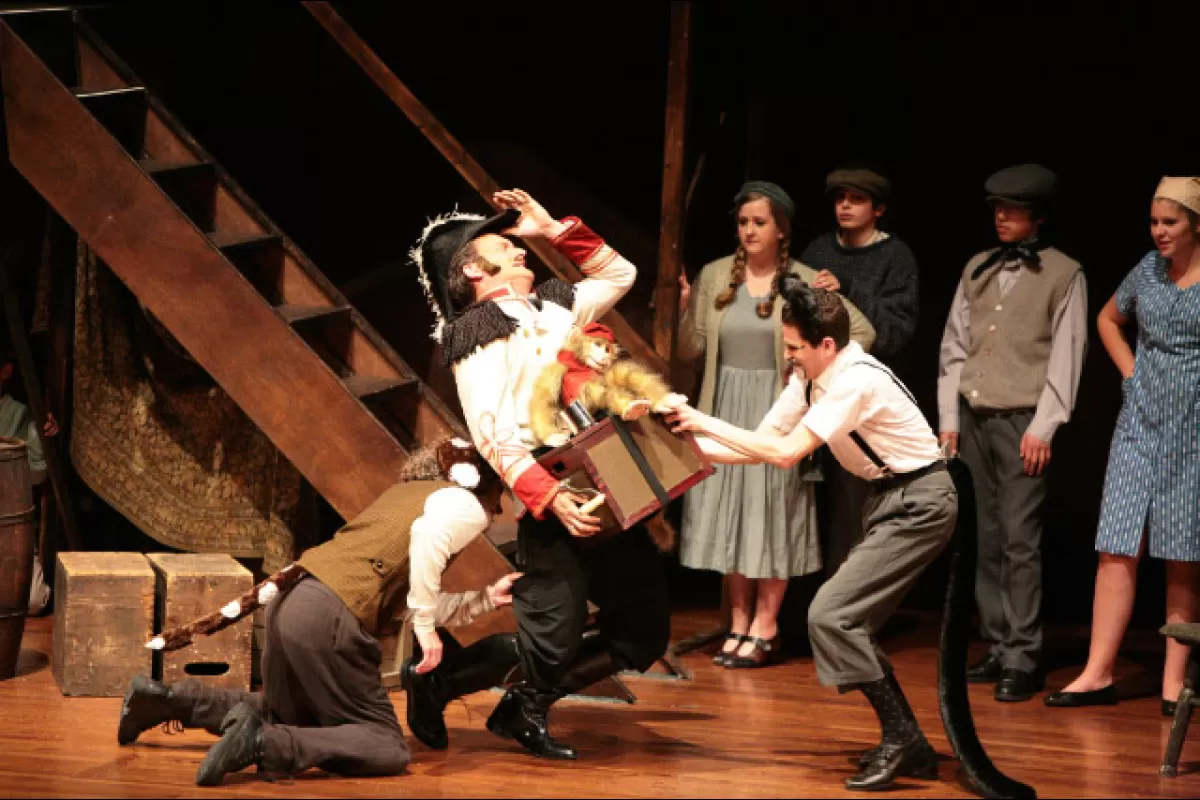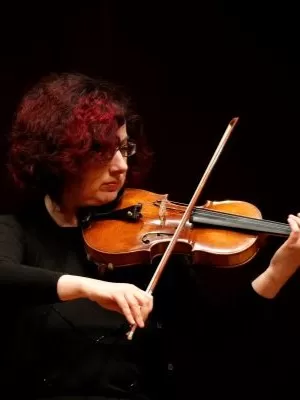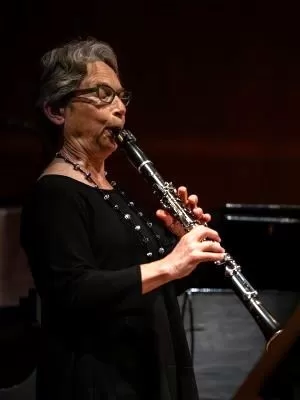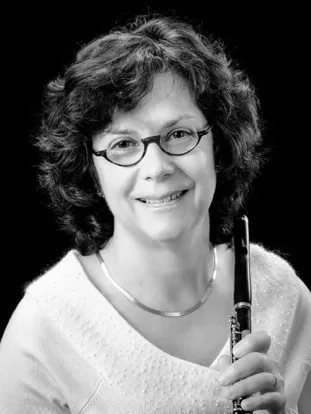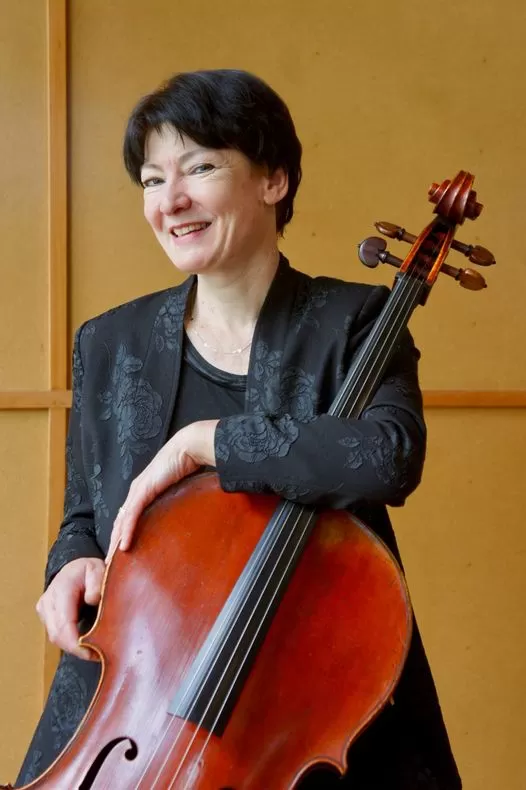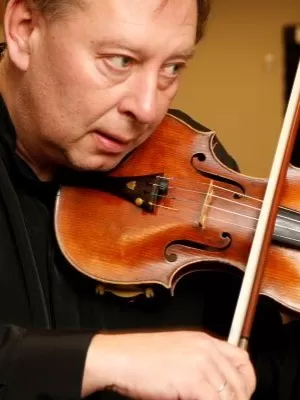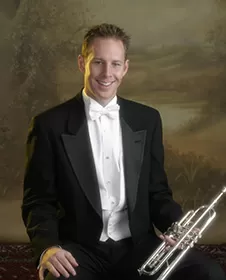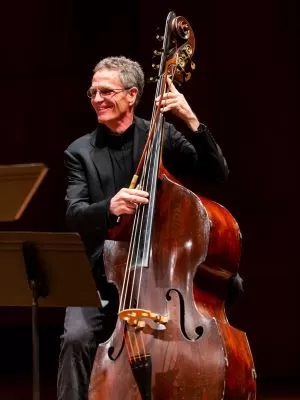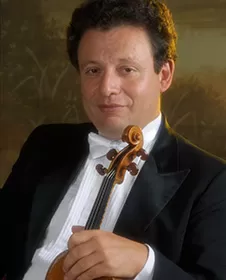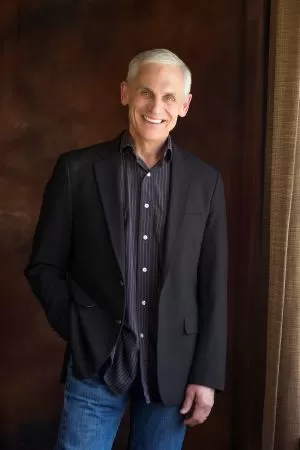Mar 22, 2014 - 12:00 pm
Brundibár Returns to MOR—2 Performances at Seattle Children's Theatre!
Plus: A special Gala Dinner in honor of Ela Stein Weissberger
|
Brundibár: A children's opera Directed by Erich Parce Zart Dombourian-Eby, flute; Laura DeLuca, clarinet; David Gordon, trumpet; Kimberly Russ, keyboard; Matt Kocmieroski, percussion; Mikhail Shmidt, violin; Leonid Keylin, violin; Artur Girsky, violin; Natasha Menbazhanov, violin; Mara Finkelstein, cello; Jonathan Green, double bass In collaboration with the Northwest Boychoir and Vocalpoint! Seattle |
Featuring an appearence by Ela Stein Weissberger, who played the Cat in the original production at the Terezín concentration camp. |
2014 Gala Dinner
Our two performances of Brundibár took place on Saturday, March 22nd at 4:00 p.m. and Sunday, March 23rd at 7:00 p.m. We also held a special dinner in honor of Ela Stein Weissberger, who played The Cat in the original Brundibár performances in Terezín, following the performance on Saturday, March 22nd at The Ruins.
ABOUT THE MUSIC:
Hans Krása
(b. Prague, November 30, 1899; d. Auschwitz, October 18, 1944)
Hans Krása was an important member of the Czech- and German-speaking artistic community that defined Prague’s distinctive cultural life in the first decades of the 20th century. Krása studied composition in Prague with Alexander Zemlinsky, and his youthful works include song cycles, several chamber works, a cantata, and an opera based on a Dostoevsky story. His 1923 symphony for small orchestra was performed in Zurich in 1926 under Zemlinsky, and in Boston and New York (1926-27) under Serge Koussevitsky. Krása followed Zemlinsky briefly to the Kroll Opera in Berlin in 1927, but was soon drawn back to his native Prague. He turned down conducting opportunities in Paris and Chicago, choosing to remain in Prague even during the years when this meant risking his life.
While Krása’s style was influenced by Stravinsky, early Schönberg and French impressionism, his music remained melodic and lyrical. He wrote: “I am sufficiently daring, as a modern composer, to write melodic music. This reflects my whole attitude to music, whether it is called modern or anything else.” Krása was incarcerated in Terezín from 1942 to 1944 (along with Viktor Ullmann, Gideon Klein, Pavel Haas and other Jewish leaders of Czech musical life). Terezín, 35 miles north of Prague, is now known for its exploitation in Nazi propaganda intended to deceive the world and cover up the campaign of genocide against the Jews. The Nazis cynically presented Terezín as “the Führer’s gift to the Jews,” but in fact it was a transit camp through which prisoners were systematically transported to death camps in the East. Of approximately 141,000 Jews deported to Terezín between 1941 and 1945, fewer than 17,000 were alive at liberation. Its victims included some of Europe’s most talented Jewish musicians, composers, teachers, artists and writers. Krása was deported to Auschwitz on October 16, 1944, and murdered in the gas chambers two days later.
Notes by Mina Miller copyright 2013 Music of Remembrance
Brundibár (Terezín, 1943)
Hans Krása, composer; Adolf Hoffmeister, librettist.
English adaptation by Tony Kushner
Tony Kushner has offered the following notes:
In 1938, the Czech Ministry of Education and culture sponsored a competition for a children’s opera. Among those vying for the prize was a 40-year-old Prague composer, Hans Krása, whose entry, libretto by the playwright Adolf Hoffmeister, was Brundibár (the word is Czech for bumblebee). I haven’t been able to find out whether Brundibár won the competition or whether the competition was ever concluded. A few months after the opera was completed the German army invaded and occupied Czechoslovakia. Krása, who was Jewish, would have been barred from participation in such a contest, his music unperformable before a general audience according to Nazi race laws. Brundibár was not given its premiere until 1942 at the Vinohrady Jewish Boys’ Orphanage, which had become a concert and recital hall for the Jews of the Prague ghetto. Before the first performance, Krása, as well as the opera’s conductor, Rafael Schaechter, were arrested and sent in the first transport of Prague Jews to Theresienstadt, or Terezín, the Nazi’s “model ghetto” for the Jews of Central Bohemia – in reality a concentration camp and a way station for the death camps of Auschwitz, Birkenau, Treblinka.
In spite of the arrests, Brundibár was performed at the Vinohrady Orphanage, conducted by Rudolph Freudenfeld, son of the orphanage’s director. The piece was given three performances before the transports rounded up Freudenfeld father and son, director and designer František Zelenka, pianist Gideon Klein, who had been the accompanist, and the boys of the Vinohrady Orphanage. Rudolph Freudenfeld had hidden a copy of the piano score in his luggage, and so Brundibár arrived in Terezín, where Krása was now the inmate in charge of music for the Freizeitgestaltung (Free Time Activities Administration). Krása brilliantly reorchestrated the piano score, taking advantage of the presence in Terezín of a number of talented instrumentalists. In September 1943, the Vinohrady group, now concentration camp inmates, staged a new, co-ed production, cast with imprisoned children. The opera itself become a hit among the inmate population; Rudolph Freudenfeld conducted, Zelenka directed and designed a new set, the poet Emil Saudek wrote a new anthem for the opera’s finale, emphasizing Brundibár’s political value as allegory – in photos of the production the boy playing Brundibár is wearing a moustache, which, though more of the handle-bar than toothbrush variety, surely made its point.
Brundibár was performed 55 times at Terezín. It was begun by Jews for Jews, but before long the camp officials recognized the propaganda potential of Brundibár, with its singing prisoner children and “happy” (or at least momentarily distracted) prisoner audiences. The opera was performed for the International Red Cross committee of one (an inexperienced young man, utterly charmed and duped by the Nazi commandant) sent to inspect camp conditions. Segments of the performance were filmed and included in the film Der Führer schenkt den Juden eine Stadt (The Führer Gives the Jews a City), produced by the Nazis and directed by a camp inmate, the great actor and singer Kurt Gerron. The opera’s director and designer, the poet Saudek, Kurt Gerron and nearly all the children who performed Brundibár – including Honza Treichlinger, the boy who became a Terezín celebrity for creating the title role of the wicked organ grinder – were eventually sent to Auschwitz where they were murdered. Hans Krása died in the gas chambers in Auschwitz in October 1944.
Brundibár is a beautiful children’s story, extolling the virtues of courage and cooperation and collective action against tyranny. Even the natural world of dogs, cats, and sparrows rises up in outrage and rebellion against injustice, poverty and the suffering of children. It’s a tale of the power of music to make miracles happen. It’s a story of good defeating evil. But its beauty is haunted, for Brundibár comes from one of the darkest points in human history, when evil, at least for a time, was triumphant over good, and millions upon millions died. One could say ultimately the music has triumphed: today Brundibár is performed all over the world, and the Jewish people have survived, endured, flourished. On the other hand, one must always be wary of drawing false reassurances from the horrific lessons of the Holocaust, perhaps especially now, when children all over the world are in such mortal danger – poor children, children in war zones, Jewish and Palestinian children, as well as homeless, uninsured, unprotected children in the United States. In dark times such as these, Brundibár, both the opera and its tragic history, shouldn’t offer us too much reassurance. We shouldn’t draw comfort from the fact that, even after the worst has happened, people and art survive, because after all, only some people survive, while many are lost, and some art is salvaged, but much creative brilliance, like Hans Krása’s, is extinguished before its time, and what the world loses can’t be recovered.
Instead of false comfort, Brundibár offers inspiration to action, and exhortation. Be brave, and you can make bullies behave! Rely on friends! Make common cause, build communities, organize and resist! And tyrants of all kinds, in every generation, can be and must be made to fall.
Tony Kushner

